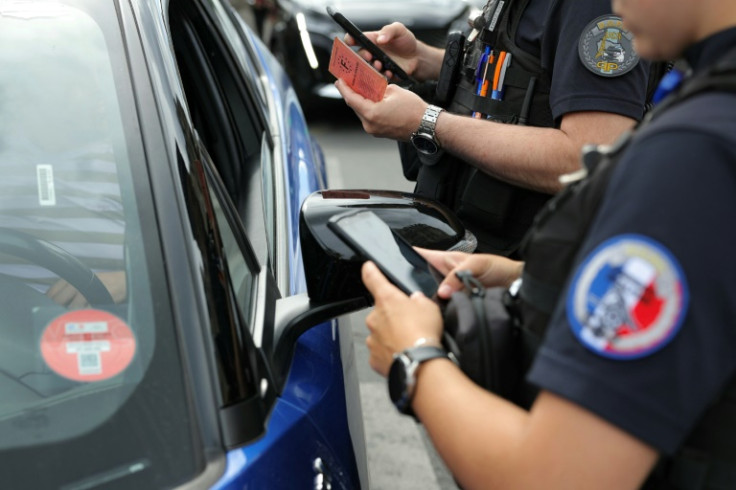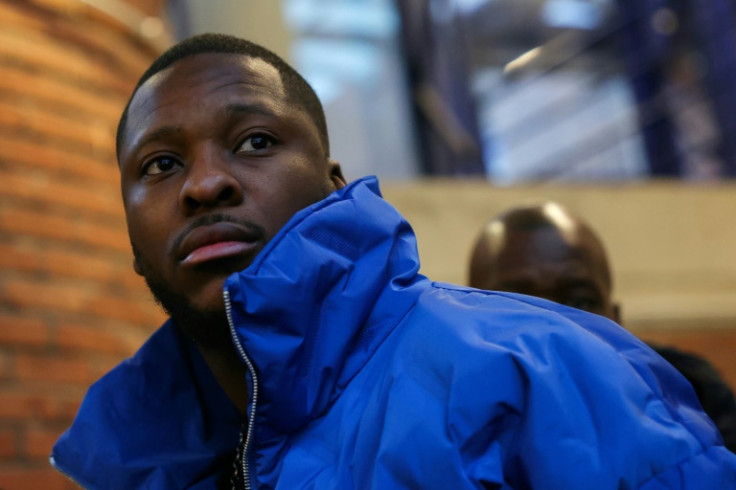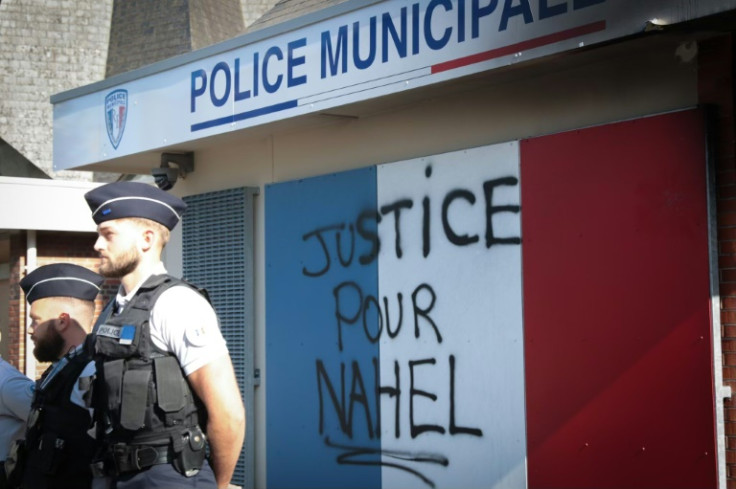Europe Rights Court Condemns France Over Police Racial Profiling

Europe's top rights court on Thursday condemned France over "discriminatory treatment" against a Frenchman who accused his country's police of racial profiling.
The ruling comes after rights groups accused France of widespread racial profiling, and several prominent police brutality cases involving young men perceived as black or North African.
The European Court of Human Rights found no discrimination in the case of five other French plaintiffs.
But it said the government had provided no "objective and reasonable justification" for police stopping Karim Touil three times in 10 days in the eastern city of Besancon in 2011.
The court said it was "very aware of the difficulties for police officers to decide, very quickly and without necessarily having clear internal instructions, whether they are facing a threat to public order or security".
But in the case of Touil, born in 1991, it presumed "discriminatory treatment" that the French government was not able to refute.
However, the court added that the legal and administrative framework for identity checks in France did not reveal any "structural failure".
It ordered the French state to pay Touil 3,000 euros ($3,500) for breaching the articles of the European Convention on Human Rights on the prohibition of discrimination and respect for private life.
Slim Ben Achour, lawyer of the six plaintiffs, called the ruling a "victory".
"The French state must take responsibility and change the way it carries out identity checks," he said.
France's rights ombudswoman reported Tuesday that identity checks had increased from 2016 to 2024, including for people who were older or seen as white.
But, a report from her office added, young men "perceived as Arab, black or from North Africa" were four times more likely to be stopped than the rest of the population.
They were 12 times more likely during the police stops to be subjected to more severe measures including being frisked, it said after a survey of more than 5,000 people.
Human Rights Watch and Amnesty International last year said racial profiling was "widespread throughout the country and deeply rooted in police practices".
HRW said young men and boys perceived as black or Arab, some as young as 10, were often subjected to "abusive and illegal identity checks".
The ECHR is Europe's top human rights court and serves as a court of last resort in cases where all domestic avenues are exhausted.
The plaintiffs in Thursday's ruling were part of a group of 13 men from different parts of France who had gone to court more than a decade ago in their home country.
They accused police of unjustified stop-and-searches, sometimes including being patted down, talked to disrespectfully or insulted.
A lower court threw out their case in 2013, but the Paris appeals court in 2015 found in the favour of five of them.
France's highest court, in a historic first, condemned the state in three cases.
Six others then lodged a case with the ECHR, leading to Thursday's ruling.
Several police brutality cases have made headlines in France in recent years.
A French court earlier this month said a policeman would be going on trial next year over the 2023 killing of a teenager at point-blank range in a Paris suburb, which sparked days of protests against police brutality and riots.
The police initially said Nahel Merzouk, 17, had driven his car at the officer and his life was in danger.
But a video showed two officers standing next to a stationary car, with one pointing a weapon at its driver.
In another rare case of police brutality making it to court, a judge last year gave suspended jail sentences to three officers after a black man suffered irreversible rectal injuries during a stop-and-search in 2017.
The officer who was found guilty of delivering the truncheon blow that injured Theo Luhaka received a 12-month suspended prison sentence and was banned from working on the streets as a police officer for five years.


© Copyright AFP {{Year}}. All rights reserved.





















